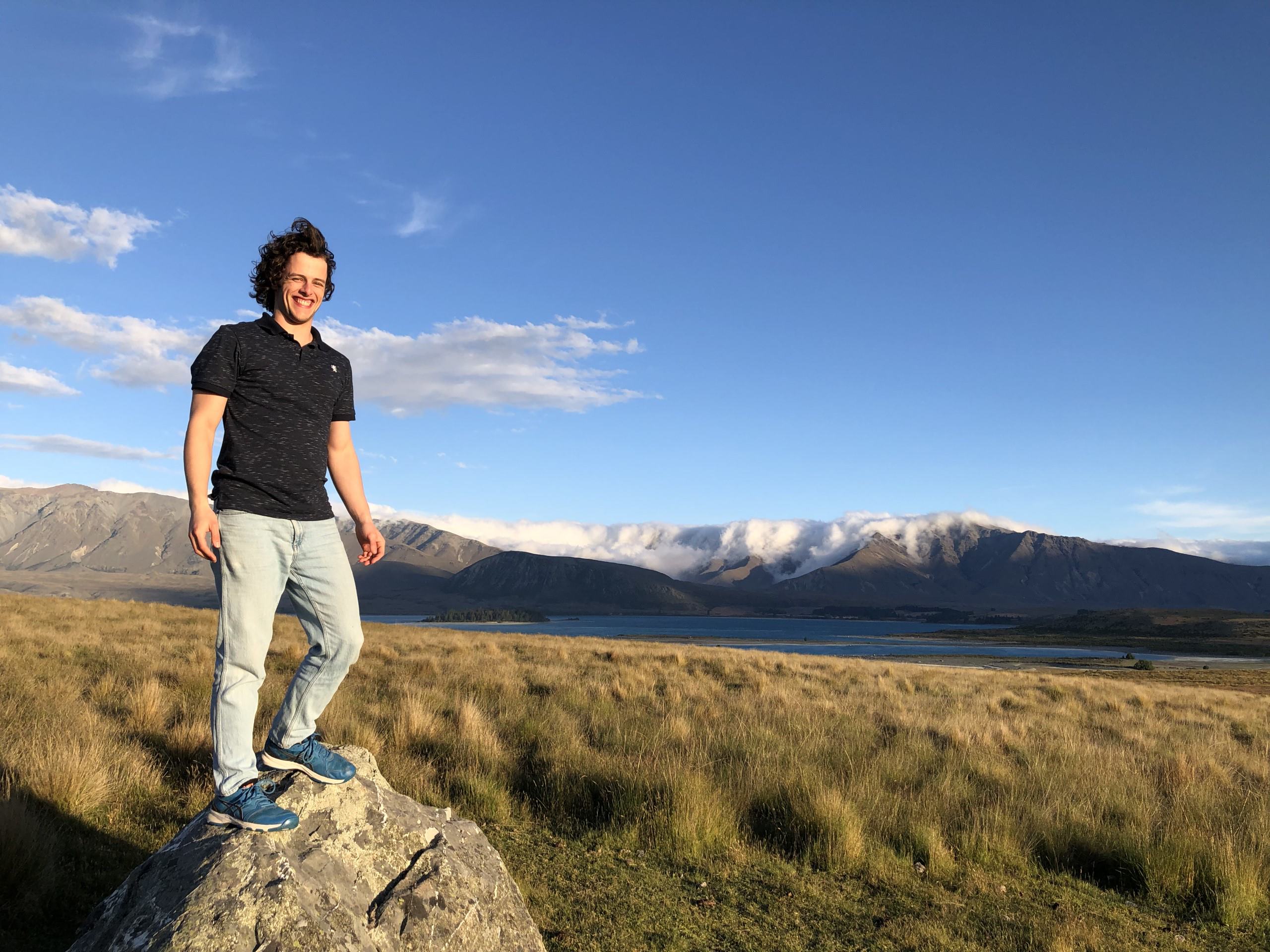
Is Silence Good for People who have Hearing Loss?
December 26, 2016
How my Hearing Loss Affected my Relationships and What I Learned
December 28, 2016How to Enjoy Music after Hearing Loss

Does hearing loss affect how we enjoy music? If so, is it possible to regain our enjoyment of music even after hearing loss?
Many of us with hearing loss have stopped listening to music because it does not sound how we remember it. Nevertheless, more musicians, singers and music lovers with hearing loss are coping and finding their way back to music.
Recently I attended a seminar about the impact of hearing loss and hearing aids on music enjoyment that was hosted and led by Geoff Plant, a hearing rehabilitation specialist, musician and mentor of mine. The seminar explored the challenges of experiencing music after hearing loss, the claim that hearing aids do not always provide a quality musical experience, and strategies being used to more fully enjoy music.
Here’s what I learned…
Music predates agriculture, and very few would propose that music is not important to us humans. Even Confucius said, “Music produces a kind of pleasure that human nature cannot do without.” Fortunately today, there is a greater interest in the hearing tech community about the issues of music and hearing loss. This follows the increased demand from hearing aid and cochlear implant users for improved access to music through hearing technology.
How hearing loss affects musical enjoyment
Music and Speech Signals are Different
Hearing aids and cochlear implants are good for transmitting “information” through speech, but music is transmitted through emotion and those signals are very different. Both have their limitations.
Many of us with hearing loss still struggle with “placement,” or being able to identify where sound comes from. Tonal intervals are especially tough for many.
Technology Matters
Music is a more complicated signal than speech, which may require different and specific technology. Hearing aid accessories and streaming devices, can be a good way to enhance your musical listening experience.
Your Audiologist Matters
Not all audiologists have experience translating music signals for hearing aid and cochlear implant users. There may also be “cultural differences” between musicians and their audiologist, as both use a different language and vocabulary to describe the musical experience.
Relearning music with hearing loss is not like learning music from the beginning. It involves developing a new set of skills, including more focused listening, visualization, vocalizing and getting your technology right.
How you can increase your musical enjoyment with hearing loss
Follow up
The process to better musical enjoyment is through trial and error. Repeated visits with your audiologist are often necessary. The other option is to work with an audiologist with specific experience in music and hearing technology.
Be aware of your Earpiece
Hearing aid ear pieces may play a role in how we enjoy music. Earpieces made of silicone or acrylic can move in the ear, causing the mold to rock in and out while speaking or singing. A stable ear piece is critical to a consistent enjoyment of music.
Self-Tune
Some hearing aids now have a self-tuning, or self-adjusting option that you can play with and try to enhance your musical experience.
Playing music with hearing loss
Five of the seminar attendees shared their own stories about music and hearing loss. As one of them, I focused my presentation on thephysical (body centered) aspects of enjoying music, including listening, playing and singing. Through my experiences and challenges in returning to music after my hearing loss, I’ve found that it’s also about getting the music into the body through proper breathing techniques and connecting with my emotions and musical and muscle memories.
Read more: Making Music Again – A Grand Leap Forward with Hearing Loss
I now listen to different types of music all day that fit my work, my moods and my nervous system. It also helps to improve my pitch and helps me to feel more musically connected.
To return to the joy of music after hearing loss, Geoff recommends listening to music that follows his “FAVORS” protocol:
Listen to this music after hearing loss
Familiar
Music memories can help fill the gaps in our hearing. Studies show that when music phrases are removed from music familiar to us, we do not notice it as the gaps are filled in by our memories. But when music phrases are pulled out of unfamiliar music we notice it right away. Music will usually sound better with repeated listening.
Auditory and Visual
Watch performers making music and read their faces, lips and body language.
Open minded
Listen to a variety of music and seek out different kinds of music to broaden your musical experience. Discover new sounds that might be better suited to your listening reality
Rhythmic
Rhythm is a very good way to inject yourself into the music. Geoff further encourages us all to become part of “musicking” and to listen, play and sing as part of music making.
Simple
Start by listening to accessible music, solo instruments, small ensembles. Polyphony and harmony are more complex and more challenging. For example, listen to the “12 Girls Band,” that uses traditional Chinese instruments. Geoff has found this to be especially good for cochlear implant wearers. He also recommends the story songs of Irish Tenor Count John McCormack.
The presentations of Geoff, Dr. Brian Fligor – an audiologist and technician who runs the Musician’s Hearing Program – and the attendees were well received and provided some very positive outlooks on music and hearing loss and left us all with new things to know and to try.
By implementing some of these tips, we can be well on our way to enjoying music again after hearing loss.




